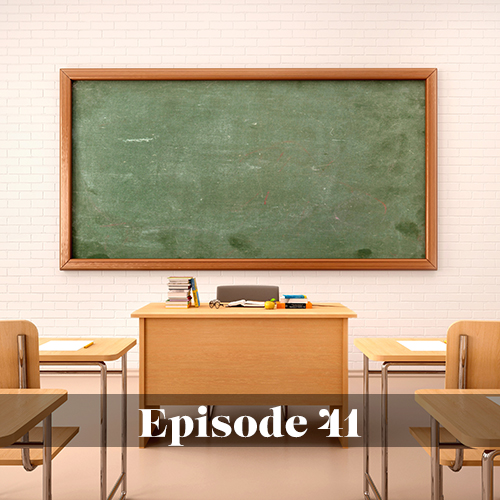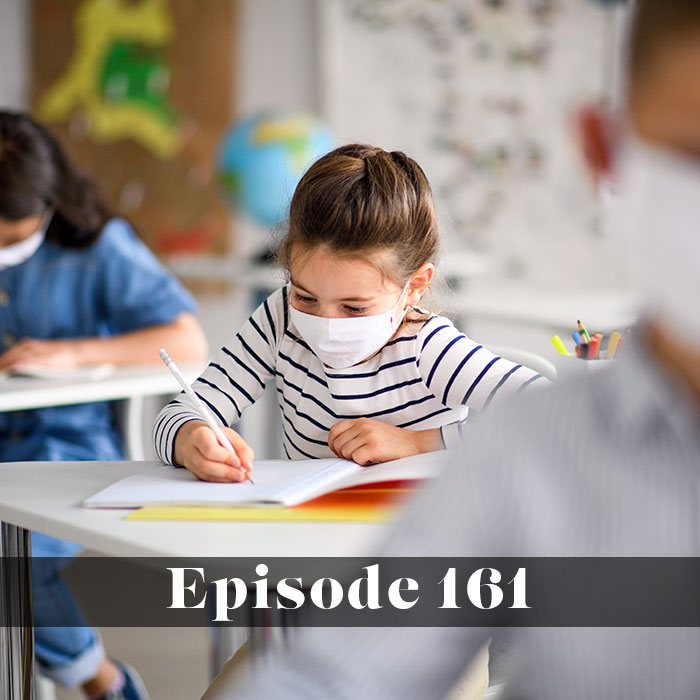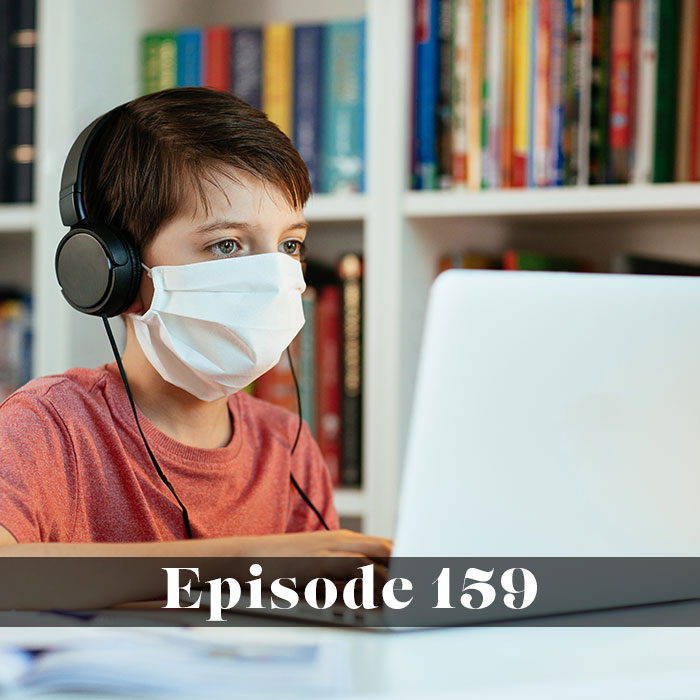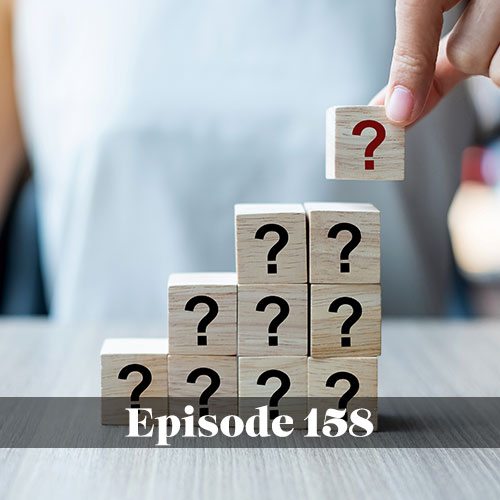Today, the day before the US Elections we speak with Amanda Morris and Jennifer Economus, both experts in school communications. We discuss this particular election cycle and how these politics relate to education. This year, in contrast to other years, the national discussion hasn’t included education and there seems to be a disconnect between the national stage and the local stage.
The Absence of Public Education
In many areas, there has been a push to keep local education separate from the federal. The focus and push is to keep control local. Regardless of this push, the absence of discussion about public education in this presidential election cycle seems strange, but potentially good. Perhaps politicians and the American public are satisfied with education, or confident that local school districts are doing a good job.
Dialogue is important, and we need to make sure that we are still talking about education, so that we do not fall away from the minds of the public.
Trickle Down Politics
Often in election cycles, people are more aware of local elections because of national elections. Additionally, people may start to become more involved in local politics, inspired or brought there from a trickle down energy or impact from the National election. In 2010, with the birth of the Tea Party, there was a real activism that trickled down from congressional elections and brought people to the school issues related a myriad of subjects from common core to bathroom accessories.
Nationally Negative, Locally Positive
While each election cycle carries its fair amount of mud slinging and negativity on the national level, the local elections and ballots have been run from places of positivity and hope. Even school districts that aren’t on the ballot are remaining positive and informative, allowing voters to feel respected and hopeful. People from state to state are surrounded by the negative political rhetoric from candidates for President, Congress, or State Representative, local school districts are being honest and informative, focusing on respect and positivity.
Polling
On the campaign side, it is not the same as a national campaign. Polling helps local campaigns identify supporters, donors, and resources. Polls are important, especially in schools. Using third party polling, survey research can really inform a campaign on how to communicate with the community and where they stand. You would never seek to make changes to curriculum or a student’s class schedule without other information. Polling can help to take the emotion out of decision making, survey results can really help bring campaigns perspective and a global view of the issues and where the community stands. Even when you aren’t in an election cycle, polling can be so pivotal to informing practice and communication for school districts.






